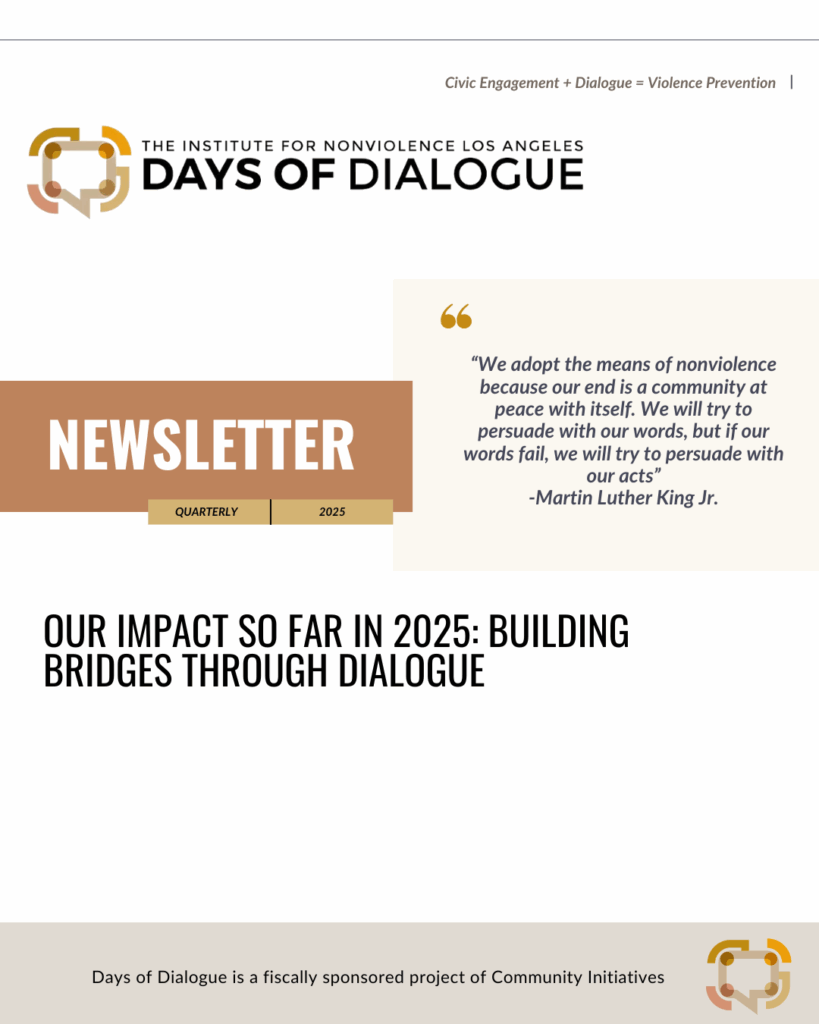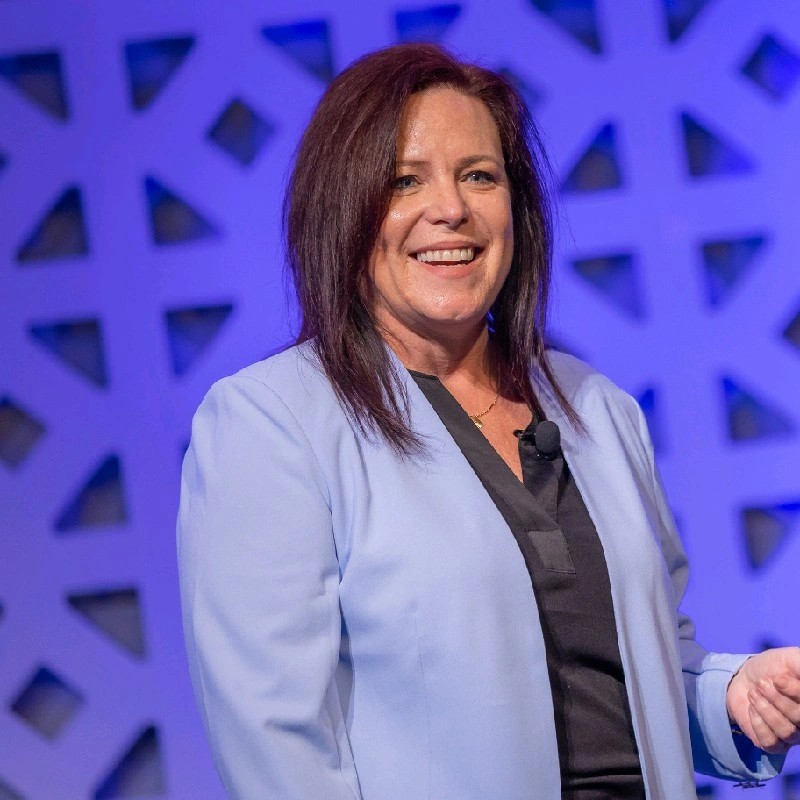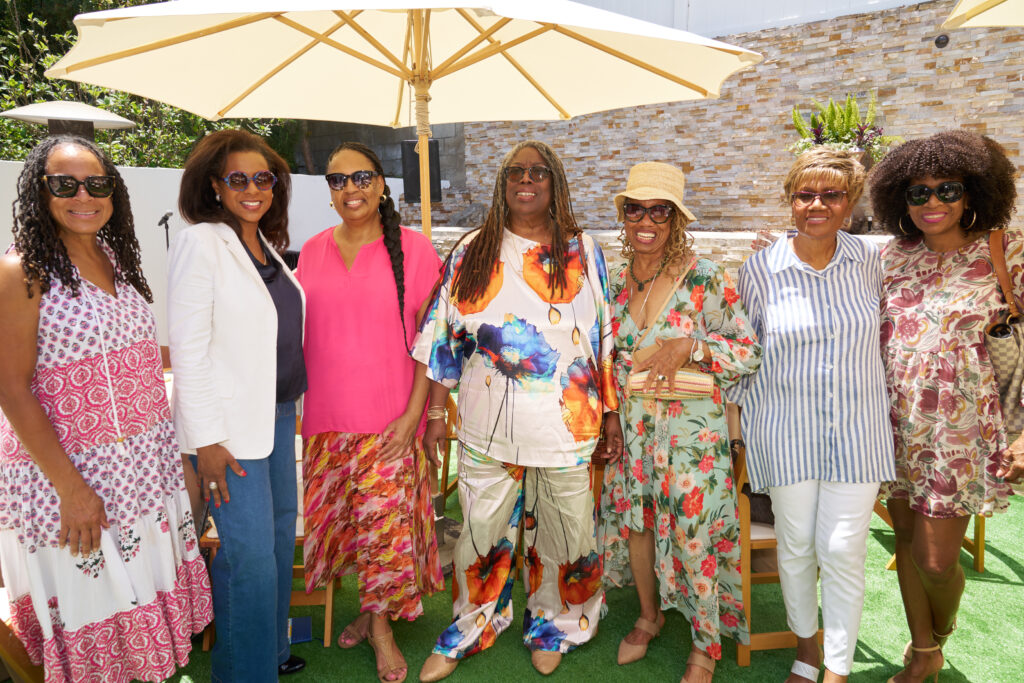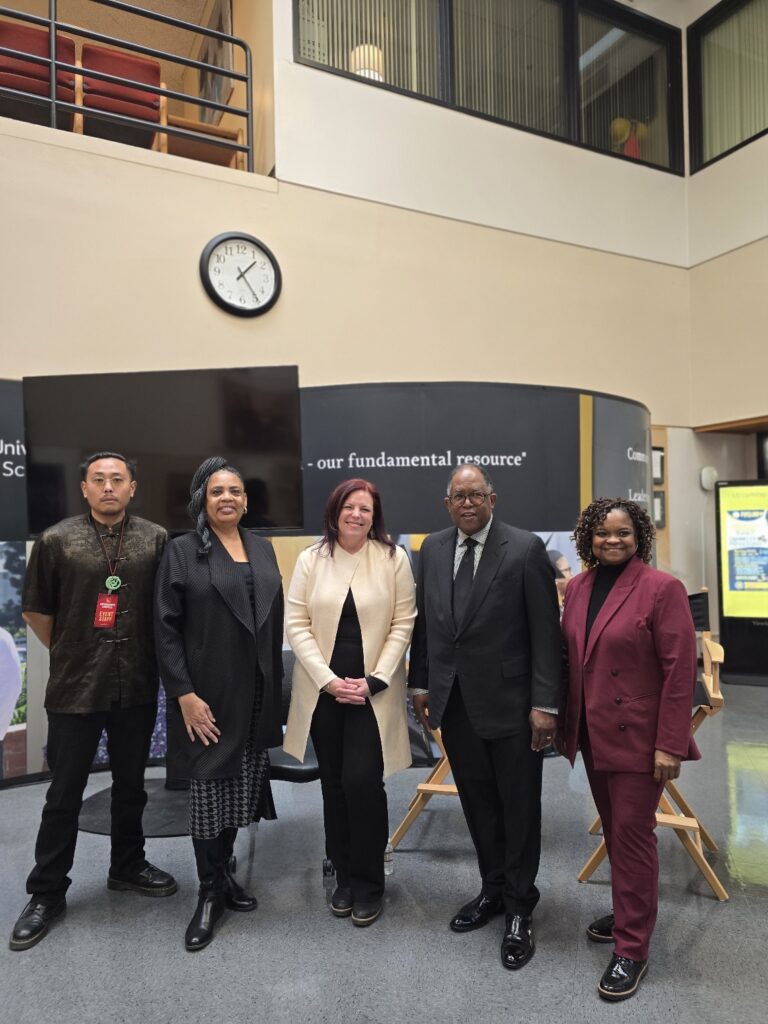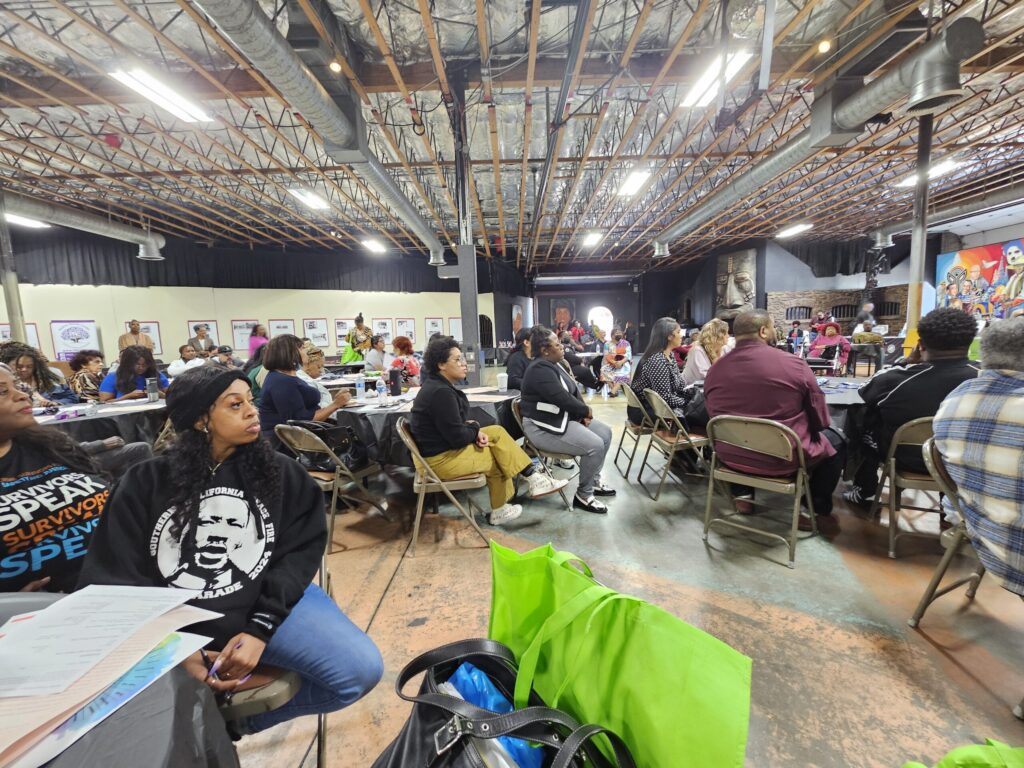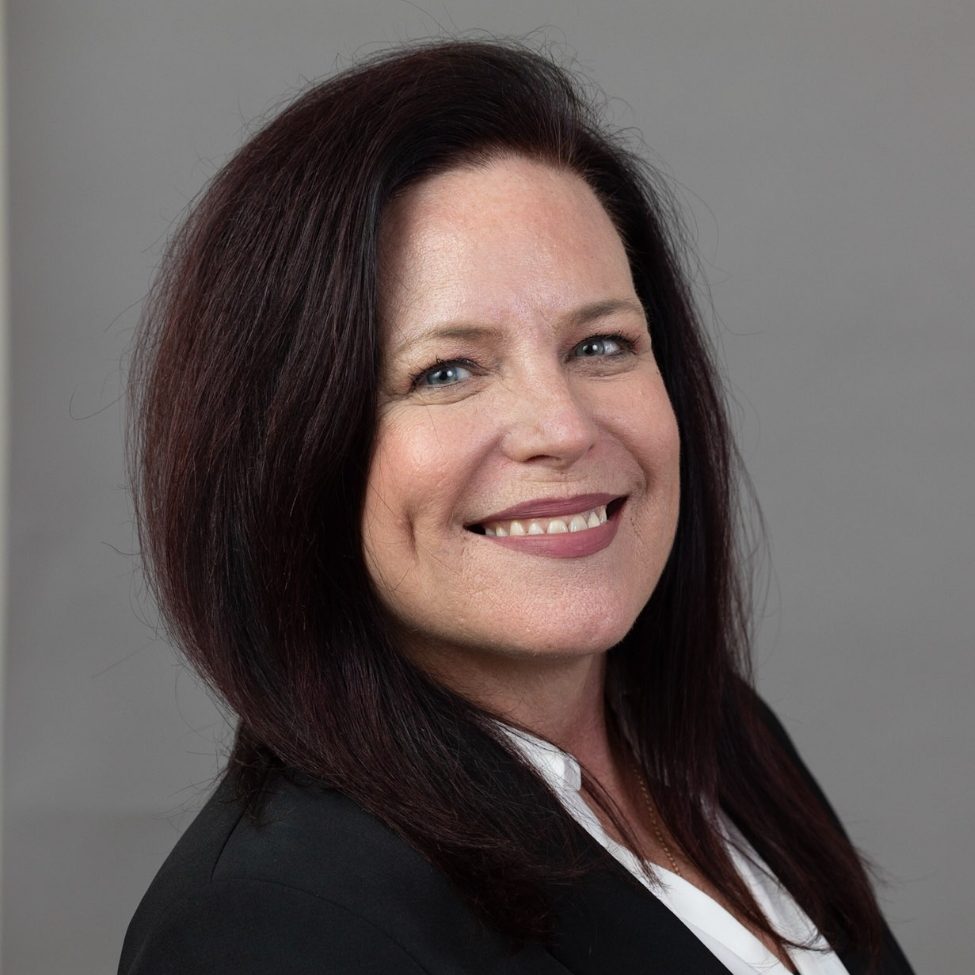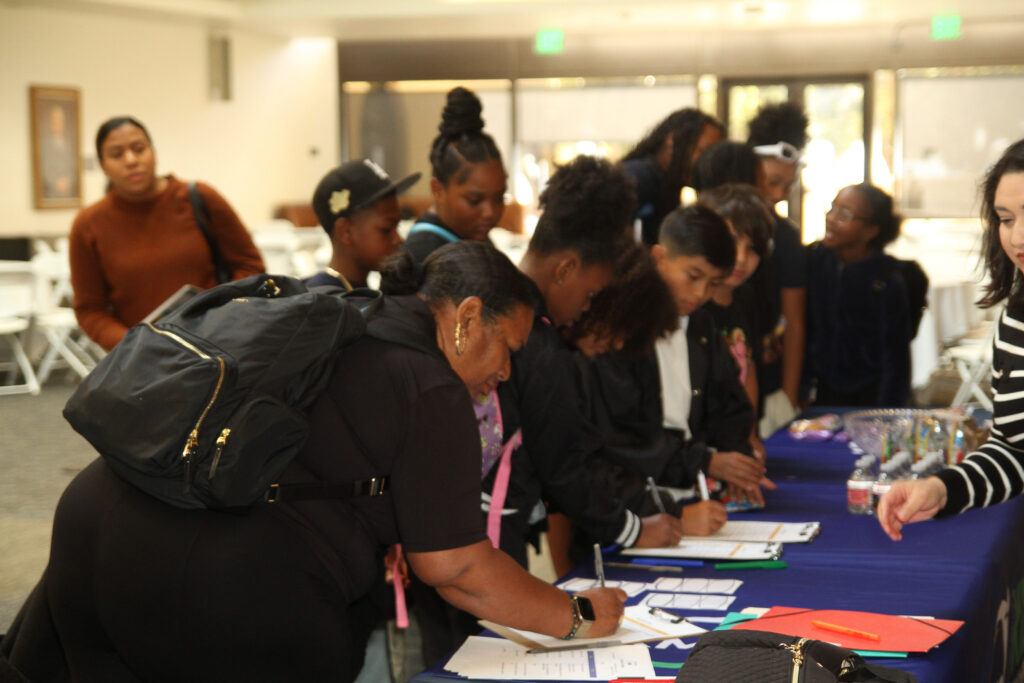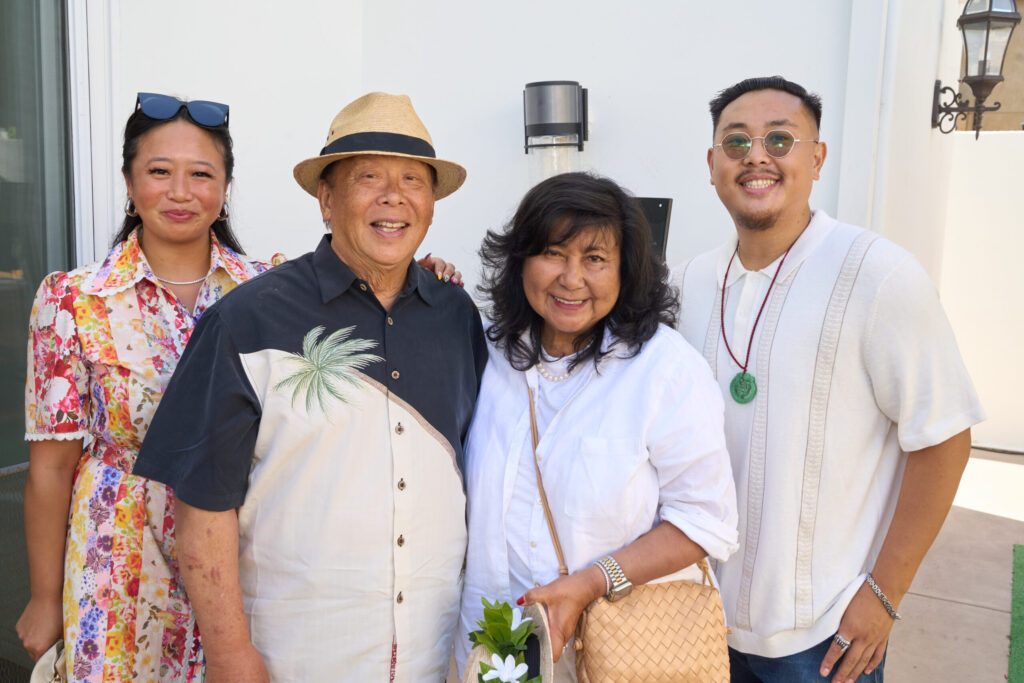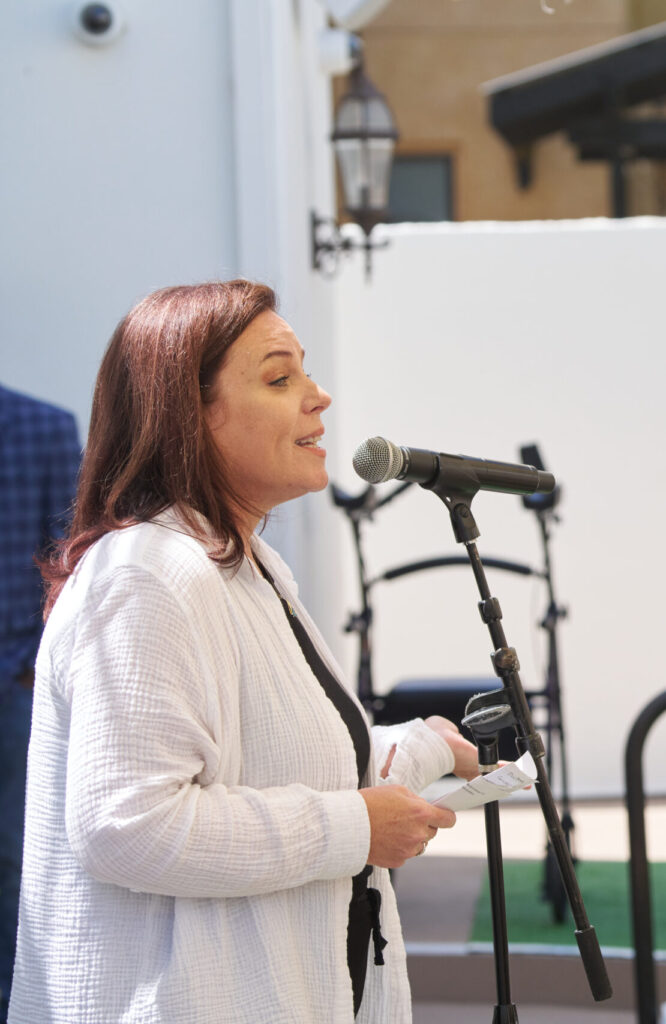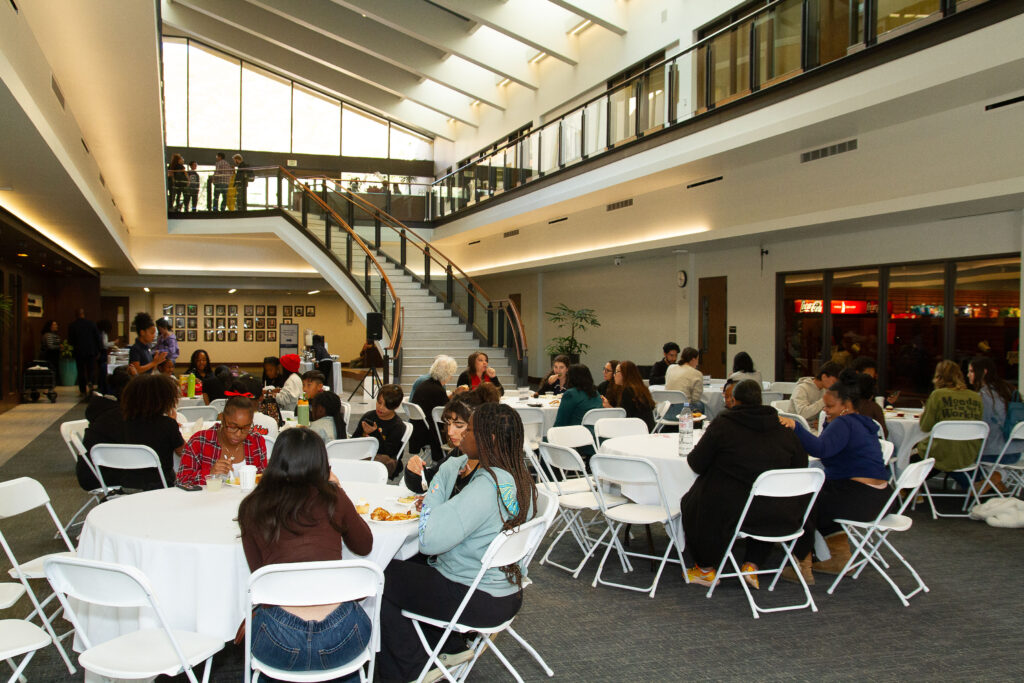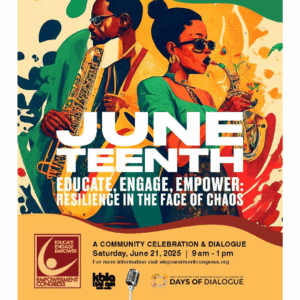2025 Spring Newsletter
In a time when headlines are filled with stories of political division, rising homelessness, systemic racism, and increasing acts of hate and bigotry, one truth remains clear: people need to be heard. Not just debated. Not just spoken at. Heard. That’s where Days of Dialogue comes in. For over two decades, we’ve stood at the intersection of community and conversation—providing spaces where people from all walks of life can share, listen, and connect through facilitated dialogue. Today, this work is more important than ever. Across California and beyond, communities are grappling with frustration, fear, and fatigue. From questions about civic engagement and government accountability to the heartbreaking realities of economic inequality and discrimination, people are looking for answers—and for places where their voices matter. Social media gives us noise. Dialogue gives us meaning. What sets Days of Dialogue apart is our commitment to the process—not just the outcome. Dialogue isn’t about winning or convincing. It’s about connecting. It’s about creating a container for honesty, vulnerability, and change. And we don’t just talk about it—we show up, on the ground, wherever communities need support. Whether you’re a city leader navigating tense policy changes, a school district confronting racial equity, or a nonprofit seeking to heal community trauma, Days of Dialogue has experienced facilitators ready to guide you. We partner with you on planning and implementation, so you’re not in this alone. The truth is: meaningful change doesn’t start at the top. It starts in a circle of chairs, with people willing to speak and listen. That’s what we do. And right now, the need has never been greater. Let’s build something better—one conversation at a time. If your organization or community is ready to start a dialogue, we’re here to help. Contact us to learn how we can support you with trained facilitators and a tailored planning process. Anne Sawyer Executive Leader | Strategic Advisor | Mediator & Facilitator | Growth Agent

